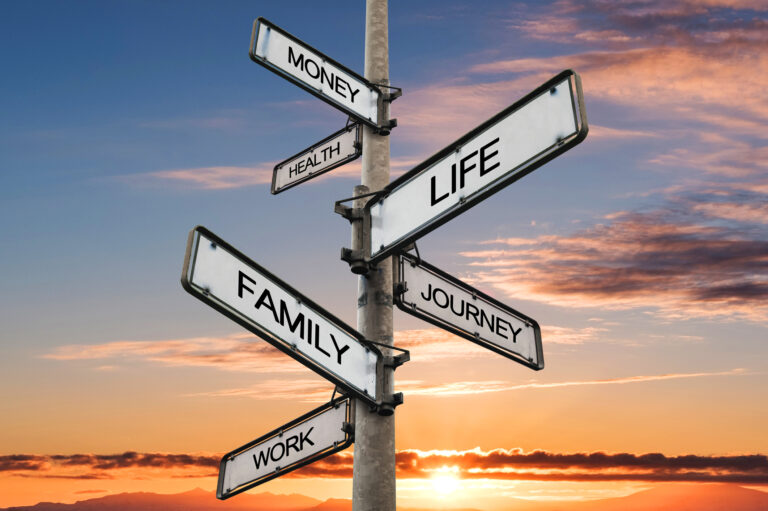To begin, let us define the two words that are so very much entangled that we sometimes find it difficult to know that we ALWAYS have a choice and there is ALWAYS a consequence.
To Choose: verb 1. pick out or select (someone or something) as being the best or most appropriate of two or more alternatives. 2. decide on a course of action, typically after rejecting alternatives.
Consequence: noun 1. a result or effect of an action or condition. 2. importance or relevance.
Two things to notice right off the bat are:
1. Choosing involves different psychological functions. Logic, emotion, analysis, justification, etc.
2. The consequence isn’t bad or good. It is just a result. The value one “chooses” to place on it — is when it becomes bad or good. Sometimes there are even unintended consequences which are just results of a choice without value until we decide to place value on it.
When is the last time you had to choose? Maybe it was at the grocery store where you found something was on sale that you always wanted to try but it was more than you wanted to pay? Maybe it was rerouting your normal way home from work because there was a traffic jam?
Possibly it was seeing a friend’s spouse romantically kissing someone that clearly was not your friend and you weren’t sure if you should say something to your friend about it? Was it after being diagnosed with a serious illness and there were multiple treatment options? Or maybe it was just hearing the alarm in the morning and deciding whether or not to hit the snooze button, again?
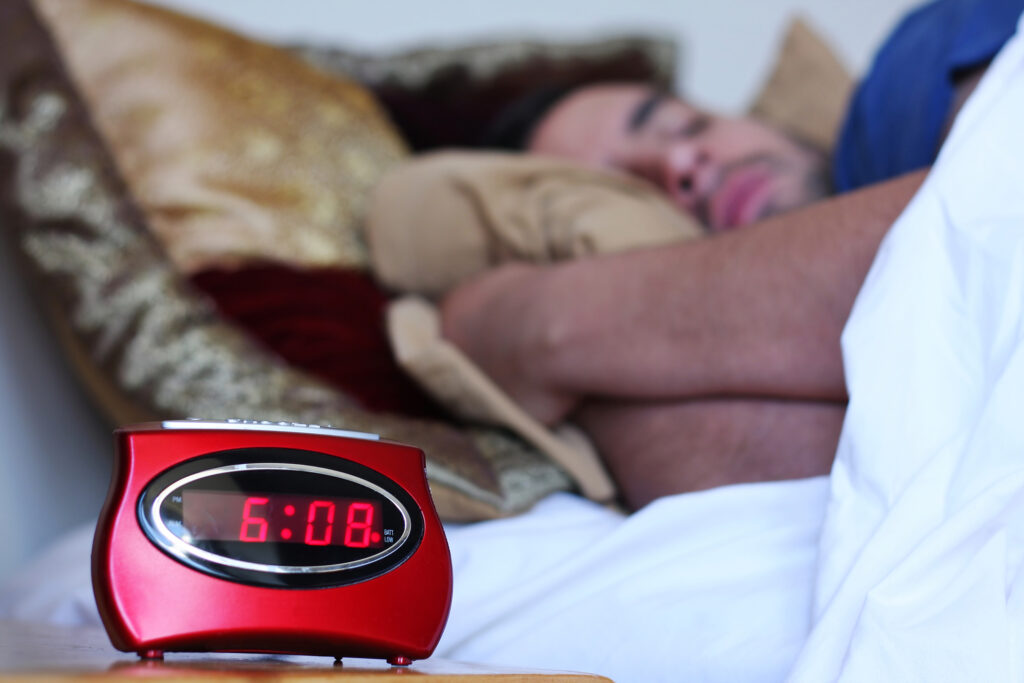
Whatever the situation you find yourself in, you can always choose what you want to do even if it seems like there is no alternative. Why? Because not choosing is still a choice. Even if the options available go against your moral or ethical standards, and you choose to uphold your own beliefs, it is STILL a choice. Oh sure, you could say that if you decide to hit snooze again, you’ll be late for work or a flight. But it doesn’t mean you don’t have a choice, it just means you get to choose whether or not to face the corresponding consequences, even if they are unintended consequences.
When I was diagnosed with invasive breast cancer, I was immediately faced with a myriad of choices that lasted for 2 years. I could have declined treatment and run off to South America where some Shaman could have handed me an elixir to drink, covered me in some special mud, smudged me with ancient wood from a secret forest, then floated me down a river on a log raft where I would have arrived at some unknowable destination and the cancer would have miraculously disappeared from my body.
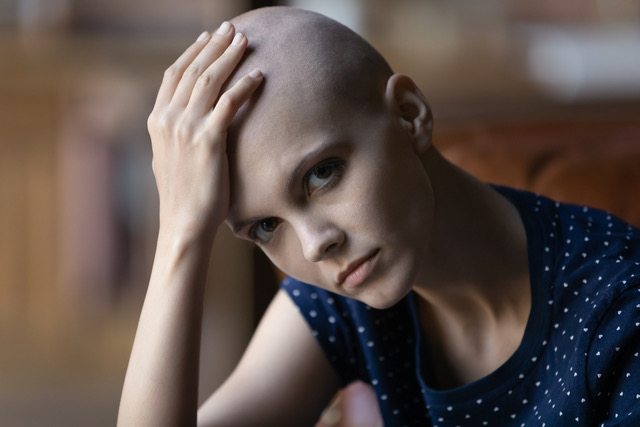
Yet, that held a bunch of consequences I wasn’t willing to face like, who was going to pay my mortgage, take care of my cats, keep my utilities on during the winter, and who would be willing to go with me because I sure wasn’t going to go alone.
That is why I chose the most reasonable and recommended course of medical treatment. I got a second opinion, kept my job, paid my own bills, and made the choice to kick cancer to the curb and out of my boob! Yet the fighting spirit quickly provided me with another set of choices: was I going to be able to sustain the energy to fight? By the third chemotherapy session, I made another choice that had the greatest and best consequences: I stopped fighting and being scared. Instead, I chose to focus on love, joy, and removed all negativity from my life.
So, what’s the point? The point is that even though it didn’t seem like I had any choice whether or not to get treatment for cancer, ALL of the choices were mine. No one else decided for me and I didn’t make any choice based on what others wanted me to do. I chose love, life, and laughter.
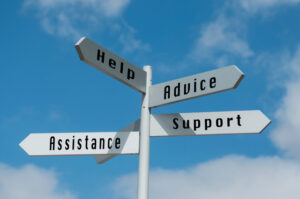
The consequences of these choices are that I’m four years and 2 months post diagnosis with a really great chance of living a normal life with the same chances of getting cancer that anyone else has. I would say that’s pretty good consequences. The unintended consequences of going through cancer treatment are that I no longer smoke and cannot stand to be around smoke. Also, I no longer have the desire or craving to have a drink. Being a sober, non-smoker has shown me that I never needed either vice because I’m perfectly capable of dancing like no one is watching without drinking and I’m better at relaxing and taking breaks without nicotine.
Along that journey, I also met people who made the choice not to tell their loved ones, friends, family, or employers about hard choices. This brought up feelings of hurt in me because I feel that when we don’t tell friends and family what’s going on in our lives, it robs them of their choice to choose whether or not to help. How many times have you heard or said to someone. “Oh my gosh, why didn’t you tell me? I totally would have helped you!” See the point?
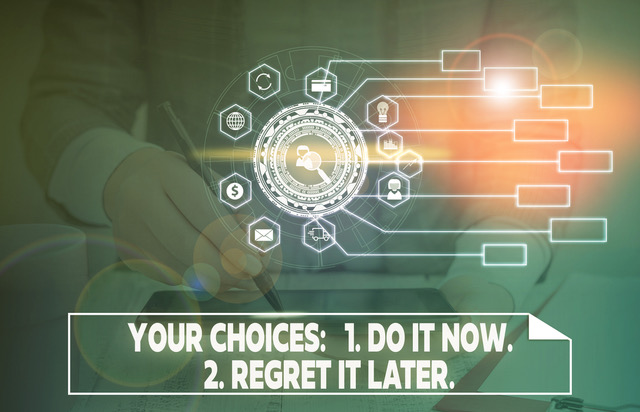
Yet, we also live in a world where people who are diagnosed with serious illnesses get fired from their jobs. I can also relate to sparing someone the pain of finding out their significant other is being unfaithful. Making a choice is sometimes very difficult because the consequences are unknowable.
Many times, we humans make unconscious choices because we are operating from a firm set of beliefs, a strong viewpoint or just ingrained in our ways. I know a senior citizen who continually chooses to fold a roommate’s laundry even though the Senior Citizen has been asked several times to stop doing it. It may seem to each of them that there is only one person making a choice in this scenario, but it is two! The Roommate is standing up, setting boundaries and leaving dry clothes in the dryer.
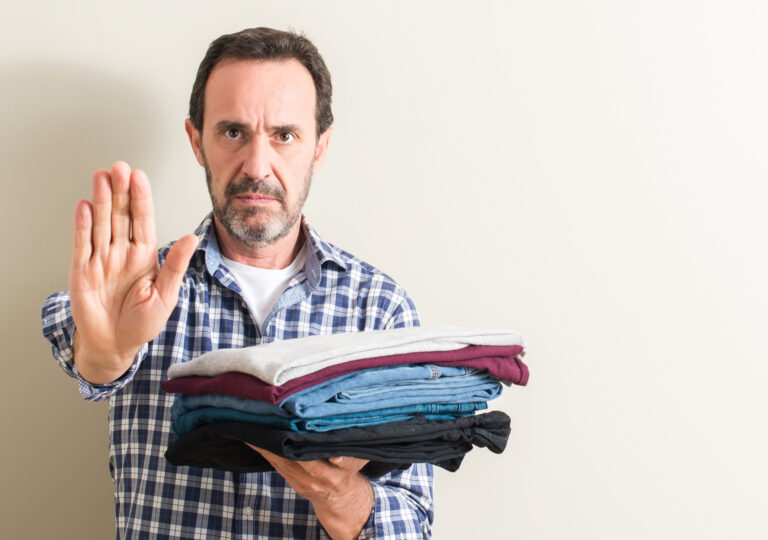
The Senior Citizen is choosing to persistently cross those boundaries by taking the clothes out and choosing to fold them. Yet, the Senior Citizen is doing it for self-benefit to use the dryer with unintended consequences of ignoring the Roommates request. What are other choices they could make? Why doesn’t the Roommate just be grateful that the Senior Citizen is folding dry clothes? Why doesn’t the Roommate do laundry after the Senior Citizen? Consciously or not, they choose to participate in this laundry scenario on a regular basis.
When we choose a particular path, we face the consequences of that action. So, the next time you feel that you don’t have a choice, having a hard time choosing something or someone, or are just plain exhausted from decision making — it is important to know that choosing NOT to take an action is still a choice. It just delays the act of choosing and may even diminish the amount of time needed to make a more informed decision.
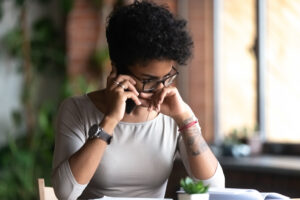
When I find myself unable to make a decision, one of the methods I use is called visualization. The first step is to close my eyes and envision two options — even if there are more than two, I just start with two. Then I inhale and exhale slowly, deeply while holding those two images in my mind. As I breathe, one of them becomes more vivid and that’s the choice for me. Usually, by the time the first set is envisioned, there’s no need to make any other choices and I’m free to experience the consequences of the choice. Feel free to try it for yourself sometime!
From the moment we enter in to human consciousness until we leave human consciousness, there is a choice with every breath, every thought, every action, and every non-action.
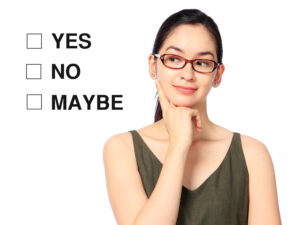
May we all have the courage to make choices based on love, joy, and laughter so that we can make the world a better place to live fully, especially for those who don’t have the ability to make choices for themselves and must rely on others to choose for them.
